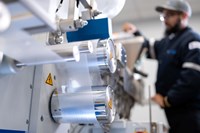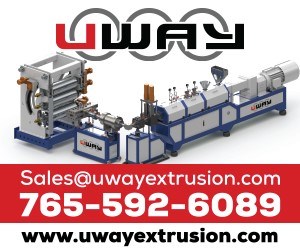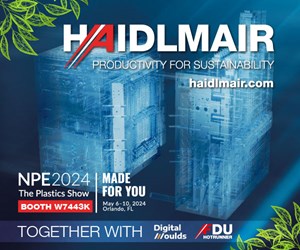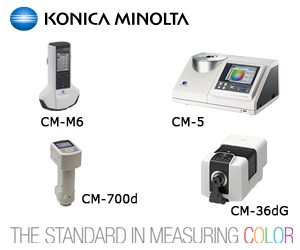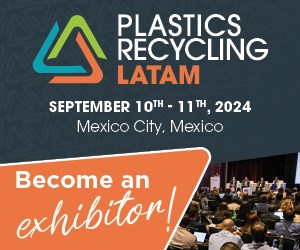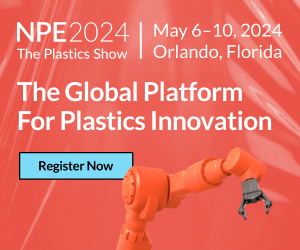We Need to Stop Playing Catch-Up
You’ll notice the Close-up Injection Molding article that we have a report from the Fakuma show written by Mikell Knights.
You’ll notice the Close-up Injection Molding article that we have a report from the Fakuma show written by Mikell Knights. Fakuma is held every October in a small German town called Friedrichshafen, about two hours by car from Munich. Fakuma started out primarily as a show for the German market, but over the years it has become more and more of a pan-European exhibition. Not quite the size and scope of a K Fair, but very respectable event nonetheless.
I didn’t make it to this year’s Fakuma. But as I read Mikell’s report about the new developments in injection molding (it is mostly a molding show), it got me thinking about last year’s show, which I did attend. And we all remember that it was around last October when we saw the first telltale signs of how rough 2009 was going to be. In fact, by fall of ’08 the downturn was well under way in Germany.
Yet despite the economic difficulties, the halls of Fakuma 2008 were busy. In fact, attendance last year was up by more than 5% from the prior show; there was a buzz in most of the buildings, which were populated mostly by European molders looking at the latest bells and whistles and maybe enjoying a beverage or two.
This struck me as kind of odd: A busy trade show during tough economic times? So in my wanderings I asked a half-dozen exhibitors for a possible explanation. To a person, their answer was essentially the same: Even in a difficult business climate, Europeans are interested in trade shows, in meeting suppliers and networking, in getting a first-hand look at the latest in technology, even if they aren’t in purchase mode—and yes, in enjoying a beverage or two.
On the way back from the show, I thought about this a little more, and I began to remember all the times in my 20+ years in plastics journalism that I was told by global suppliers that American processors were behind their Euro-counterparts in embracing change and new technology. Whether the subject was automation, robots, blending, materials handling, resin selection, etc., time and again I heard, “Americans don’t think that way.” Maybe 100 times. Maybe 500. I figured, well, we have some cultural differences and view things differently. No big deal, right?
Wrong. Of course, the statements about North American processing were made with the broadest of brush strokes. There are many plastics processors in North America who are on top of their game and run world-class operations. We write about them every month, as on p. 18 of this issue. But I can tell you first-hand that I’ve been to plenty of plants in my time where the blending “system” was a couple of guys with buckets, where the blown film bubble enclosure was nothing more than carefully placed cardboard (clever and thrifty, I will grant), where the dryers weren’t drying properly and no one noticed.
This is worrisome. And it has to change.
It has to change because business conditions are going to get better, and the North American processing market might just get a first crack at jobs that were thought to be lost forever. We are hearing already that moldmaking jobs thought gone for good to China are coming back, and that the big-box retailers are starting to once again source jobs to molders and extruders on this side of the ocean. You need to be prepared for that, because if you’re not on top of your game, you’ll lose the job—maybe for good this time—to a processor in the next low-cost region, be in Vietnam or India or wherever.
It was about 40 years ago that Husky founder Robert Schad said it first and best: Automate or die. Did you listen then? Will you listen now? I think we’re behind, but it’s not the bottom of the ninth…yet.
Read Next
Making the Circular Economy a Reality
Driven by brand owner demands and new worldwide legislation, the entire supply chain is working toward the shift to circularity, with some evidence the circular economy has already begun.
Read MoreFor PLASTICS' CEO Seaholm, NPE to Shine Light on Sustainability Successes
With advocacy, communication and sustainability as three main pillars, Seaholm leads a trade association to NPE that ‘is more active today than we have ever been.’
Read MoreLead the Conversation, Change the Conversation
Coverage of single-use plastics can be both misleading and demoralizing. Here are 10 tips for changing the perception of the plastics industry at your company and in your community.
Read More






